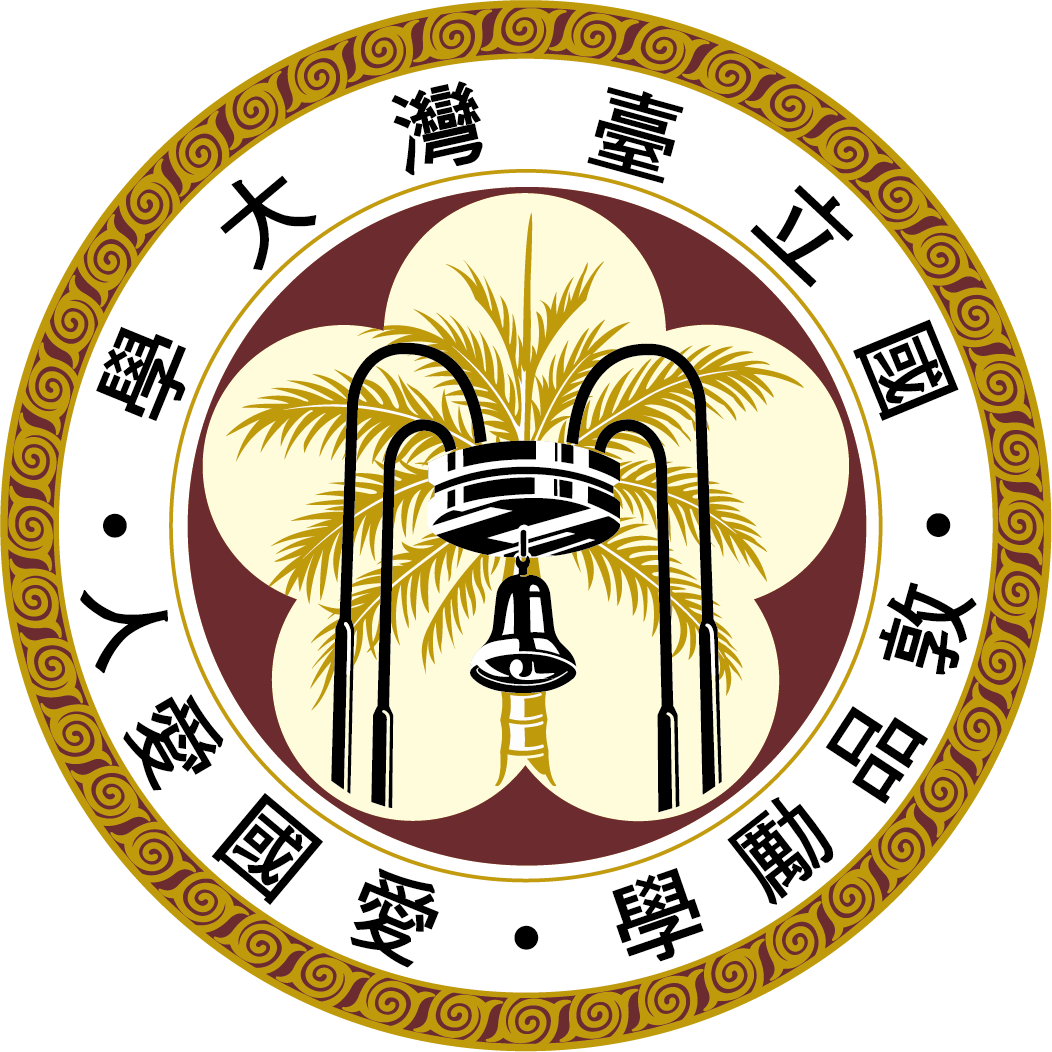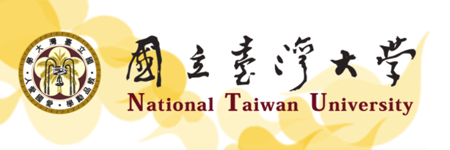-
Hu Fu for East Asia Democratic Studies
- The project brings together scholars from domestic and international research in multinational comparative surveying. In an attempt to standardize research procedures and research methodology, the study focuses on conducting cross-national comparative research to account for Southeast and Northeast Asia’s socio-economic transformation, modernization, democratization, and system changes, as well as political value changes. The project has been actively carried out in countries and regions including Hong Kong, Indonesia, Japan, PRC, Mongolia, The Philippines, South Korea, Thailand, and Taiwan.
- Website:http://www.asianbarometer.org/
-
Taiwan Public Affairs Center
- The Taiwan Public Affairs Center was founded in January of 2002. It aims to enhance and integrate the academic research of scholars of government and public affairs by bringing together government officials, entrepreneurs, and academic researchers. It also aims to promote and assist teaching and research on public affairs of Taiwan, PRC, and other countries.
-
Taiwan Security Research Center
- Taiwan Security Research is an academic, non-governmental website designed to collect and disseminate information on current events relating to Taiwan’s security and regional security issues. The website compiles newspaper articles, op-ed pieces, official policy statements, and academic papers and reports from English language sources, and posts them daily on TSR’s website. The website is designed to provide an unbiased, reliable English-language source of up-to-date information relating to Taiwan’s security status.
-
The Research and Educational Center for China Studies and Cross- Taiwan Strait Relations
- This research center was founded in 2004, and has carried out many symposia and activities attempting to better teach and disseminate knowledge related to China Studies and Cross-Strait relations. Its publication, Research and Teaching in Mainland China, is published on a bi-monthly basis. Its purpose is to promote and strengthen scholarly exchanges between the PRC and Taiwan, carry out research plans, and integrate courses on Mainland China in the Political Science Department. The center also focuses on deepening our understanding in the field of Mainland China Studies, and advocates an integrative framework for studies in Mainland Chinese affairs.
- Website:http://www.china-studies.taipei/
-
European Union Centre of Excellence
- The European Studies Center was established in May of 2005, and its purpose is to produce scholarly research on Europe, while also increasing mutual interaction between academia and related think tanks. Its mission includes (1) improving teaching and policy research related to Europe, (2) strengthening the links between domestic and foreign scholarly institutions, including common research and dialogue with European think-tanks, (3) promoting exchange and cooperation with the European scholarly world, (4) promoting citizens’ understanding of European affairs, (5) welcoming scholarly exchange and educational training programs, and (6) promoting the standardization of curricula on Europe.
-
NTU Center for International Relations and Film Study (IRF-NTU)
- The 21st century has witnessed the fast-rising of the internet and social media and the entry into the international agenda of new subjects such as cyberattacks, virtual money, and wars with drones, constituting new opportunities and work of the international relations study. To seize this trend and cope with new challenges, the NTU has established this Center to collect films worldwide that focus upon international issues, including refugees, terrorism, energy, climate change, trade, conflicts, financial disturbance, and transnational money laundering. They are classified as practical teaching tools that can help students better understand what was happening on different earth corners.
In the collection process, we deliberately establish a specific group of films on WWII as today’s global governance and international systems have developed since 1945. Therefore, it is essential to understand how the world interprets WWII and different countries’ role in this global conflict.
© 2022 NTU Politics Science All Rights Reserved.




